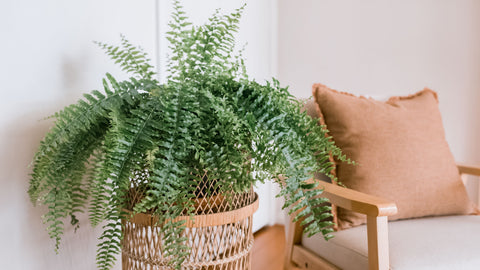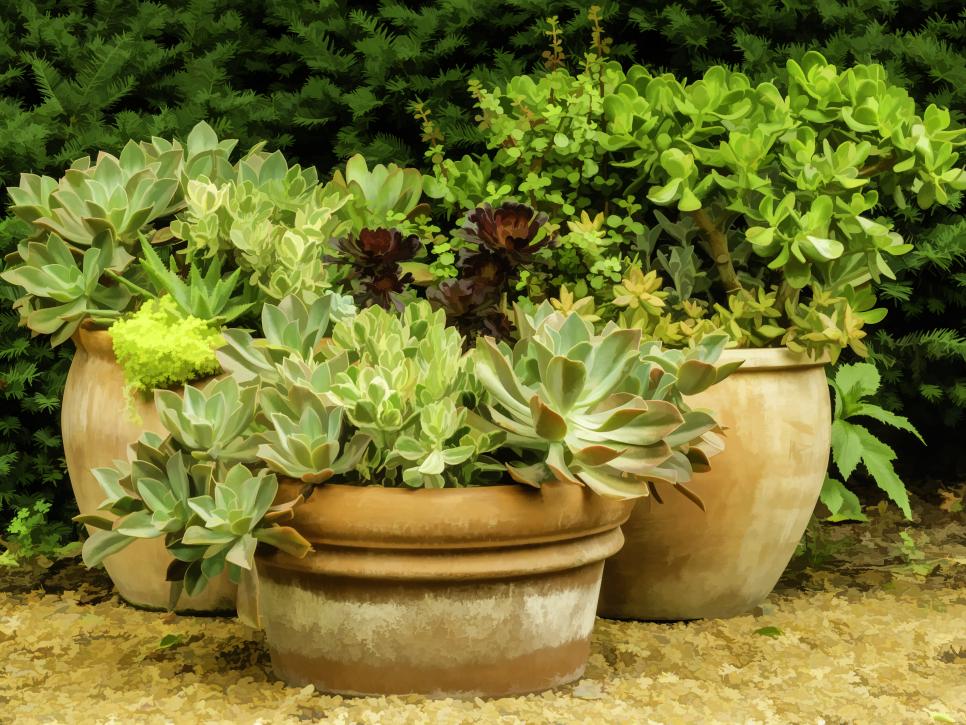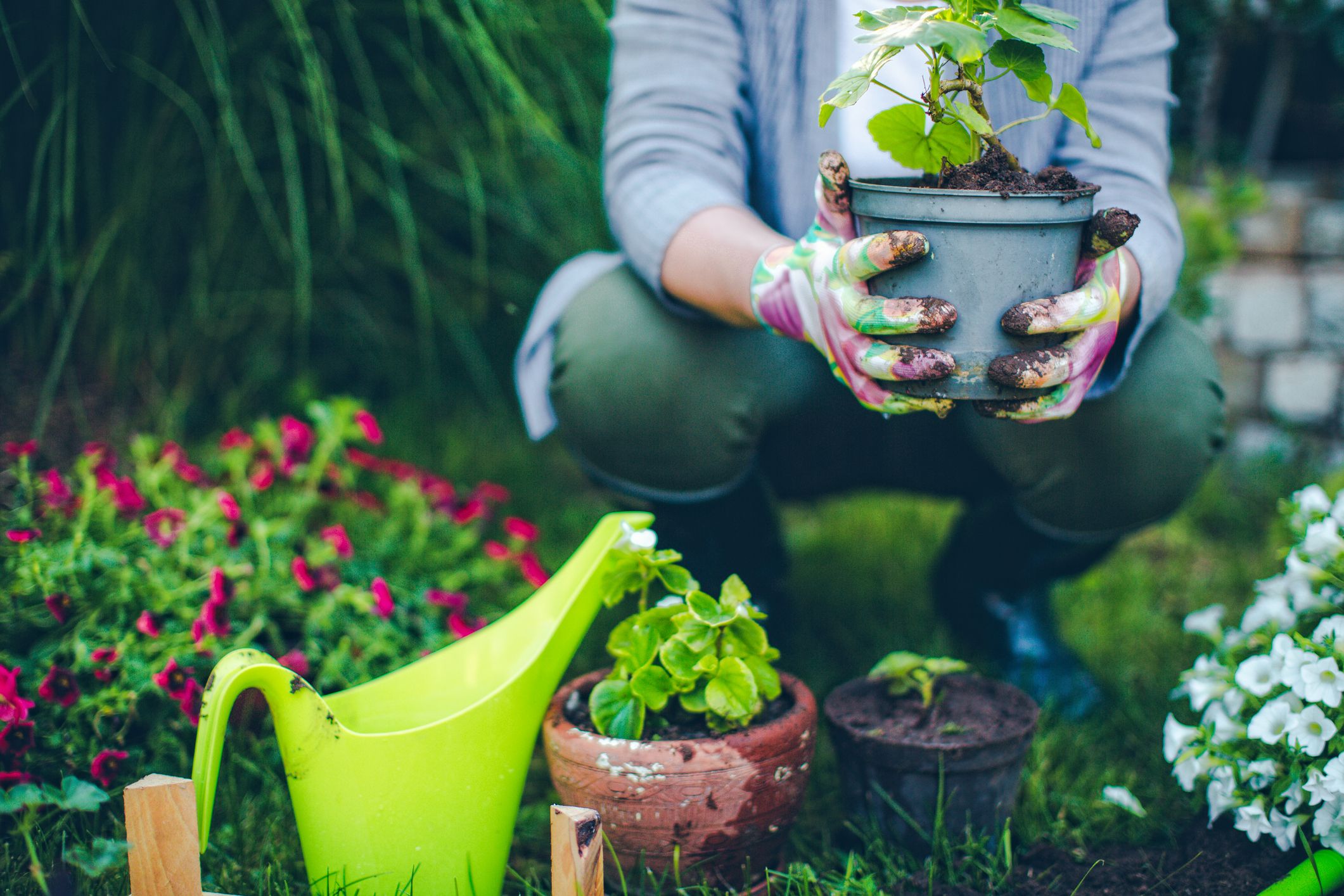
Are you aware of the daily toxins you are inhaling? These top 5 indoor Plants are the best for clean air in your home.

Stop paying for pricey purifiers!
Find yourself looking at expensive purifiers to help get that clean air in your home, stop looking.
Turns out you can achieve this by simply choosing the right plants.

Plant based feng shui expert Clara Leung, owner of Clara's Green House, explains this.
“While humans breathe in oxygen and breathe out carbon dioxide, plants do the opposite—they absorb carbon dioxide and convert that into fresh oxygen, which then humans can inhale and start the cycle all over again,” "During this process, plants are also able to remove toxins from the air we breathe.”
Read more about Clara Leung’s expertise on her detailed site
Known as Volatile Organic Compounds (VOC’s) are the common toxins found in most households, which many people are completely unaware of. There are over 400 compounds in the VOC family which have been identified in homes. Here are just some of the household goods that produce VOC’s
New carpets, home furnishings, interior paints, plywood, new plastics and electronics, deodorants, cleaning fluids, varnishes, shampoos and cosmetics, moth repellents, air fresheners and tobacco products.
Extra to VOC’s there are still other common toxins floating around in your house such as pesticides, mold, phthalates from plastic, heavy metals and chloroform.
You can see now the air you breathing is not as clean as you may imagine or desire. There are many ways to improve and clean the air surrounding you and your family in your home and one of the best being foliage. Why not expand your plant collection goal from decor to health, here you will be getting the best of both worlds.
If quarantine has taught us anything, it's how to appreciate your home.

Before we take you through the best indoor plants for clean air, here are a few other ways to try help reducing the toxins in your home.
- Use natural cleaning products
- Implement a ‘No Shoe’ policy in your home
- Avoid using chemical pest control products
- Clean your furnace or A/C filters
- Use only natural brands of toiletries
- Avoid using artificial air fresheners or other synthetic fragrances
- Test your tap water
- Look for low-VOC labelling on sealing and finishing products
This gives you a great understanding about how to change the way you live for better breathing air but these can be pricy or monotonous activities.
Using indoor plants is a cost friendly and appealing way to do this.
Proven studies have found that indoor houseplants can reduce 89% of VOC’s in the air.
Here are the 5 top toxin-reducing houseplants:
1. Boston Fern
Scientific name: Nephrolepis exaltata
Also Known as: Sword Fern

This pet friendly plant will fit perfectly on your windowsill, a hanging basket or a small sunny space in your house. Its best kept in bright, indirect light but it does handle light better than most ferns. The plant requires moisture a few times a week and a humid environment. Check to make sure the soil is not too dry.
Read here on how to care for your Boston Fern
2. English Ivy
Scientific name: Hedera helix
Also known as: Ivy

Extremely efficient in removing VOC’s and is a lovely indoor plant to care for. Keep in mind this plant can be dangerous to pets as they are mildly poisonous to some animals. Think strategically about where to place this plants as they are climbers and the leaves are easily burnt in direct sunlight
3. Bird of paradise
Scientific name: Strelitzia
Also known as: Crane Flower

This unique plant is native to South Africa.
If you are looking for a plant that appeals to your tropical desires and is easy to care for, this may be the one. It thrives in indirect sunlight or partial shade and only requires water once a week.
Earlier mentioned feng shui expert Clara Leung believes a bird of paradise flower can increase good energy. Another great benefit it offers is its ability to absorb dirt.
Plants in the genus Strelitzia produce no wind-borne pollen and have an allergy scale rating of 1 which is considered to be “allergy-fighting”.
4. Money tree
Scientific name: Pachira aquatica
Also known as: Malabar chestnut, French peanut, Guiana chestnut and Provision tree

If you admire the idea of a positive Feng shui home, this plant is a good place to start. It is believed to be a lucky charm for prosperity and good fortune. The name "money tree" is believed to refer to the myth of its origin, where a poor man found this plant, took the plant home, prayed for money and then proceeded to make money by selling plants grown from its seeds.
If you choose not to believe the luck behind the plant, just the charming look of it should sell itself. It offers a beautiful twisted trunk with glossy green leaves and is relatively easy to maintain.
The plant needs bright, indirect sunlight and is adaptable to various conditions. It can survive on dehydration therefore only irregular watering is best.
It is also not only affective in alleviating toxins for humans but is also toxic to rats, offering a very. “Organic” pesticide to handle those unfortunate pest that some homes struggle with.
Learn more about how to care for this plant here
5. Tillandsia
Scientific name: Bromeliaceae
Also known as: Air Plants

These charming pet friendly plants are known as air plants as they have the ability to cling onto various objects and survive without being planted in soil. They are often seen attached to telephone wires, tree branches, barks and bare rocks
They are easy to care for but don’t forget to submerge them in water once every two weeks.
Due to the fact that they do not grow in soil, these plants offer up creative experimental decor options for your home, from hanging pots to lovely glass transparent terrariums.
If these 5 plants not enough for you, there are so many more toxin reducing plants available out there, here are some more options:

Devils Ivy
It's so easy to care for that it is known to be harder to kill than to keep alive.
Dwarf Date Palm
These lovely plants can grow up anywhere from 6 to 10 feet
Peace Lily
These charming plants can make for an attractive houseplant with their big green leaves and pretty white flowers.
Philodendron
These heart shaped plants require moderate water and bright, indirect sunlight.
Spider Plant
Known to adapt to almost any conditions, they even produce baby spider plants called spiderettes.
Chrysanthemums
These are believed to be one of the best air purifiers around however are higher maintenance than many other options out there. They thrive in bright indirect sunlight and watering with warm water only, making sure you allow for the soil to dry between watering.
Rubber Plants
These strong plants can be grown in small pots and require watering about once a week in summer and less in winter.
Areca palms
Areca palms are known to elevate toxins such as benzene, carbon monoxide, formaldehyde, trichloroethylene and xylene.
They require regular watering (at least twice a week).
Pineapple Plant
These offer a unique twist on breathe easy with recent studies by NASA revealing that they do not necessarily remove any toxins from the air however NASA claims that “pineapple plants produce oxygen and boost air quality at night which could improve sleep quality and cut out snoring.”
Dracaena
They can grow up to 15 feet tall. Make sure they avoid direct sunlight and over watering.
Weeping Fig
They can grow up to 10 feet tall, require bright indirect sunlight and weekly watering.
Known to remove toxins such as formaldehyde, trichloroethylene and benzene.
Snake Plant
These plants are some of the easiest to maintain as they thrive in dry conditions. If you have a tendency to neglect your indoor plants, the snake plant might just be your soul plant.
Aloe Vera
This low maintenance plant also offers anti-inflammatory properties and is used in many creams, cosmetics and medicinal products.
Flamingo Lily
If you are looking to add some color to your foliage arrangement, the flamingo lily offers just that with the bright red/pink coloured leaves.
Lady Palm
These great air cleaners are know to reduce toxins including formaldehyde, ammonia and xylene.
Chinese Evergreen
This tropical plant is one of the most durable houseplants, thriving in poor conditions. It can tolerate poor light, dry air, as well as drought.
Read more on caring for the Chinese evergreen
Bamboo Palm
A bamboo palm can grow between 4 and 12 feet high allowing for some of the best air filtering properties. They are pet friendly and can thrive on occasional, full sunlight. Toxins removed are formaldehyde, trichloroethylene and benzene.

Now that you have your toxic reducing plants, and are loving the idea of a foliage full house, read more about the easiest plants to care for.
With people not only living at home but working there too, its best to make sure your environment is at its best. If you thinking of creating the perfect plant friendly or outdoor office, read our blog about why a garden office may just be what you need.
Plants offer so much more than just decor in your home, they are believed to increase mood and productivity, enhance concentration and memory as well as reduce stress, negative energies and fatigue
While plants may not be as speedy or efficient as an air purifier they are the more natural, cost effective and therapeutic way to go.

Take a breath, tackle those toxins and start filling your house with foliage. Whichever plant types you choose, The Pot Shack can offer it a home to grow.
Resources:




Leave a comment
This site is protected by hCaptcha and the hCaptcha Privacy Policy and Terms of Service apply.